Ocimum tenuiflorum, a tropical species of tulsi or holy basil, is an herbaceous member of the mint family with purple stems and leaves that mature into a magenta color. This cousin of the common sweet basil is named Krishna holy basil after the beloved blue-skinned Hindu god. Historically, Krishna tulsi has been a significant herb in Ayurvedic medicine and is revered as a sacred plant in India. It is commonly cultivated near temples and private homes. It has a peppery, crisp taste and is typically drunk as tulsi tea.
Holy basil supports immune health to help you stay feeling your best.*
Holy basil has been revered throughout India for thousands of years. Ayurvedic texts describe holy basil as a pillar of holistic herbal medicine and a goddess incarnated in plant form (the mother medicine of nature). Many traditional Hindus worship an alter bearing a holy basil plant that is placed in the courtyard of their home or in another prominent location. Today holy basil remains one of the most cherished of India’s sacred plants. The leaves smell of peppermint, cloves, licorice and/or lemon. There are three types of tulsi sold by Mountain Rose Herbs: Krishna, Rama, and Vana. All varieties belong to the mint family and are cousins of sweet basil.
Krishna (Ocimum tenuiflorum) is known for its peppery crisp taste. The plant has dark green to purple leaves, stems, and blossoms. It is cultivated in the Indian plains, as well as private homes and gardens around India, and is named after the blue skinned God as the dark purple leaves resemble this color.
Rama (Ocimum tenuiflorum) is known for its cooling and mellow flavor. The plant has green leaves, white-to-purplish blossoms, and a green or purplish stem. It is cultivated in the Indian plains, as well as private homes and gardens around India.
Vana (Ocimum gratissimum), aka. “forest type”, is known for its fragrance. The plant has green leaves and stem, with white blossoms. It is found in the Himalayas and plains of India. Grows wild in Asia and Africa and is used medicinally there as well.
Holy basil is traditionally taken as an herbal tea or mixed with ghee. Holy basil, or tulsi, is an important symbol in the Hindu religion and it is a significant herb in ayurvedic medicine.
Precautions
Not for use in pregnancy except under the supervision of a qualified healthcare practitioner. We recommend that you consult with a qualified healthcare practitioner before using herbal products, particularly if you are pregnant, nursing, or on any medications.
*This statement has not been evaluated by the Food and Drug Administration. This product is not intended to diagnose, treat, cure, or prevent any disease.
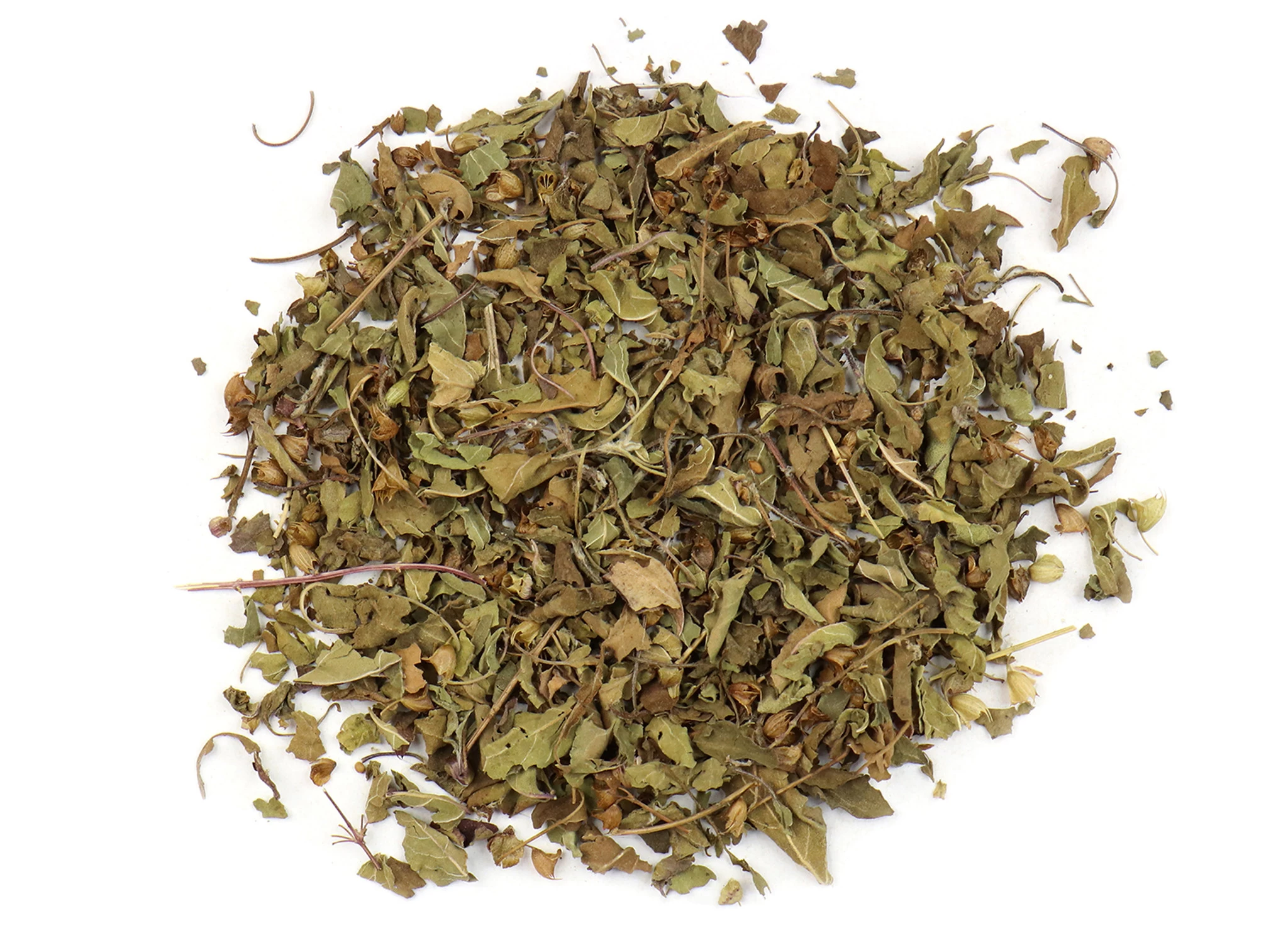
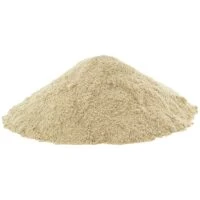
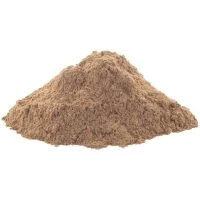
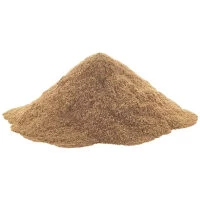
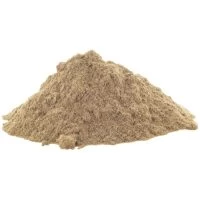
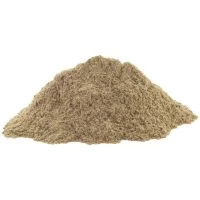
Reviews
There are no reviews yet.